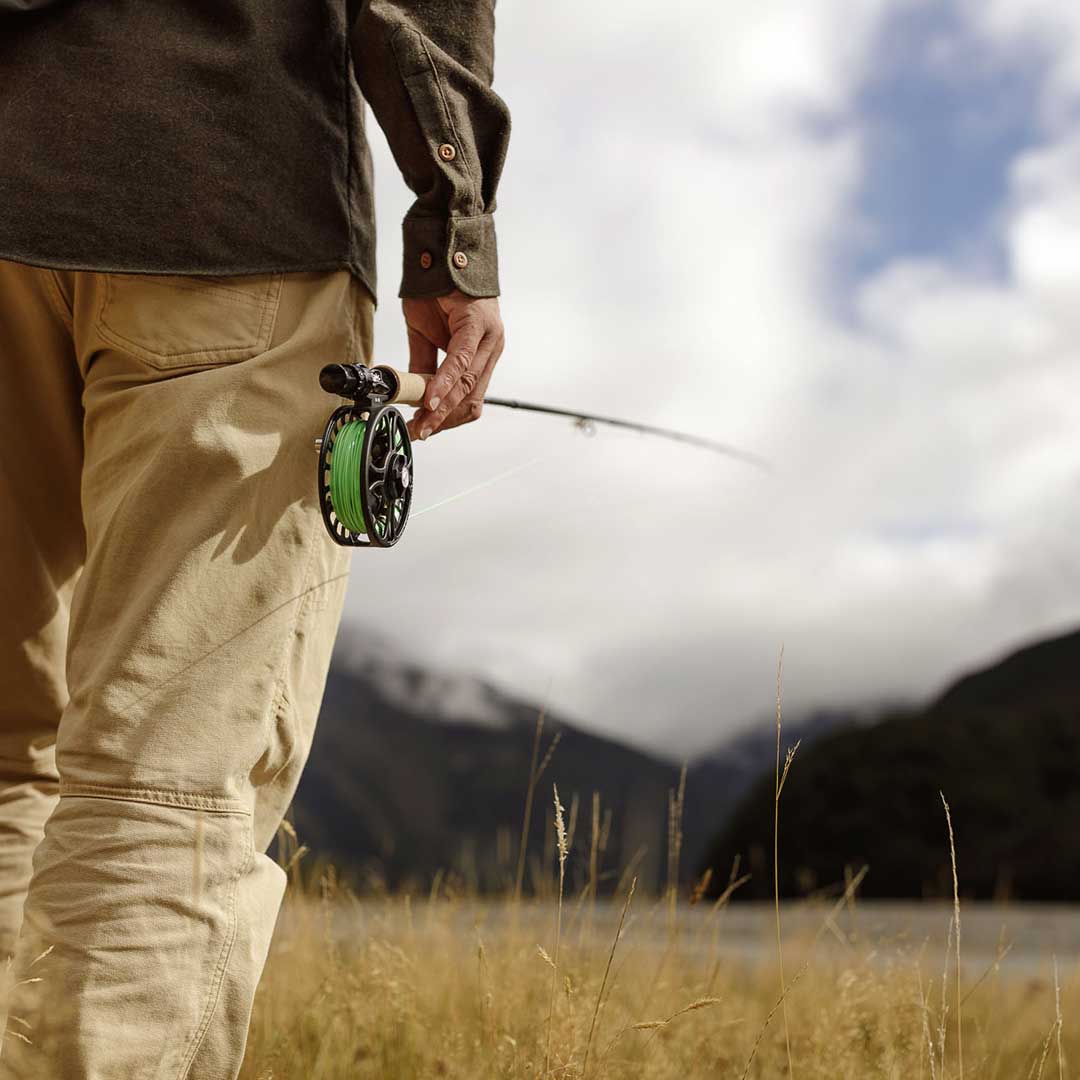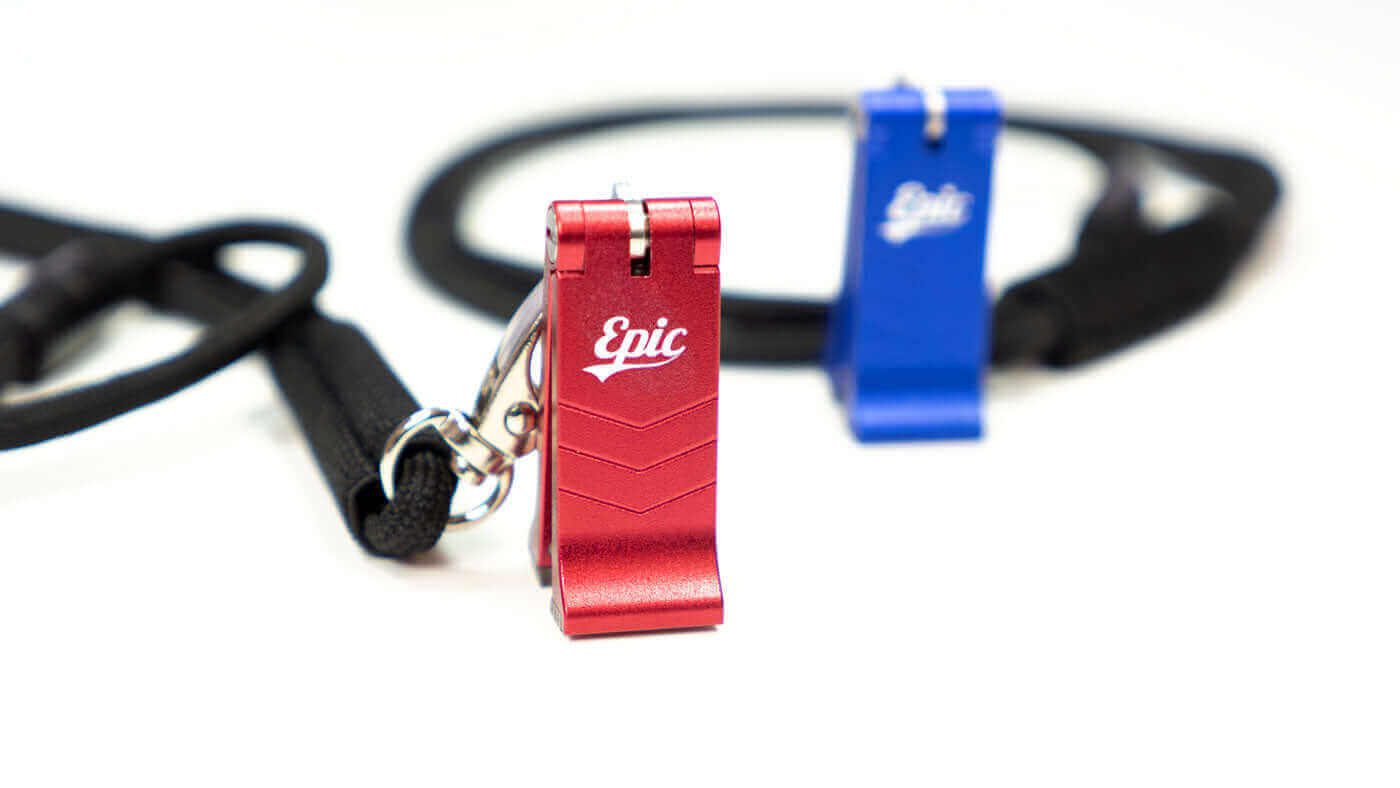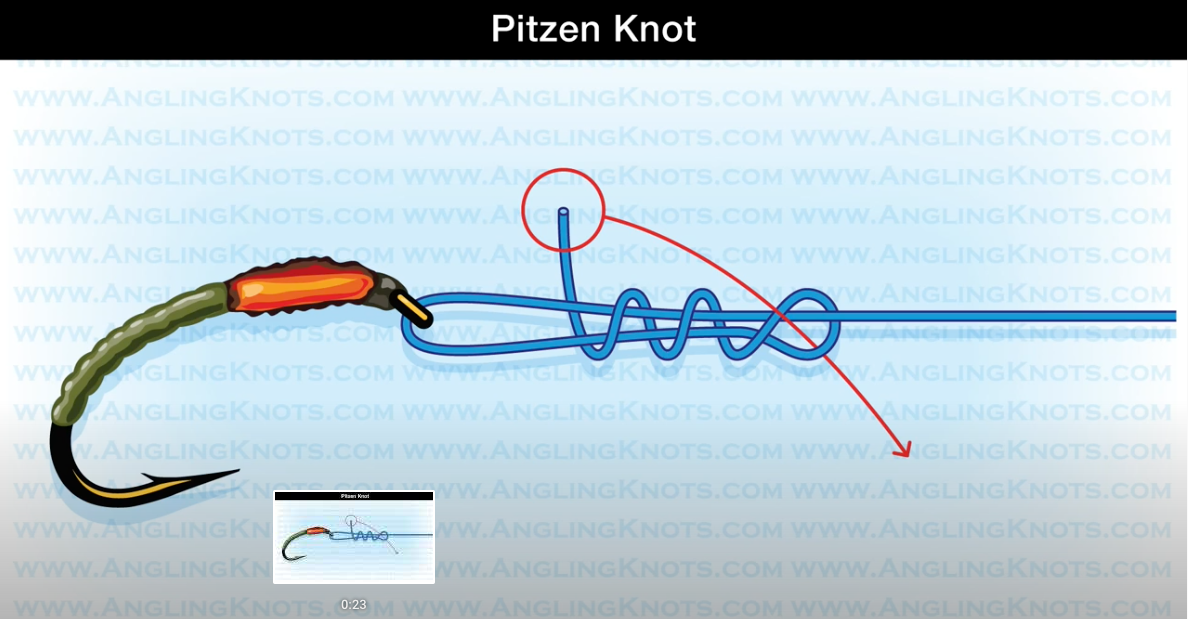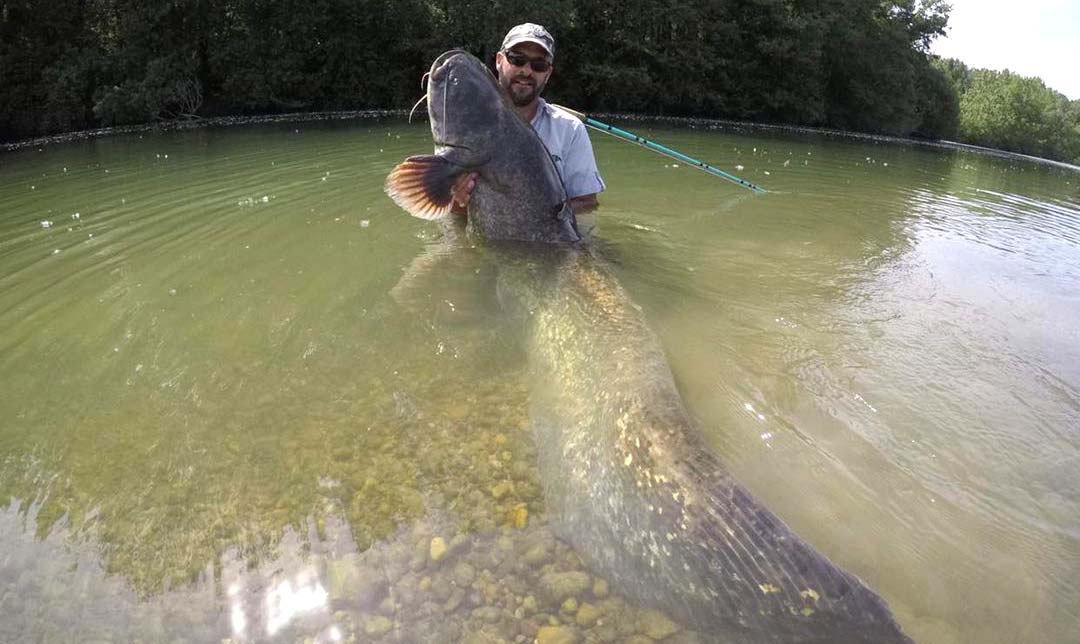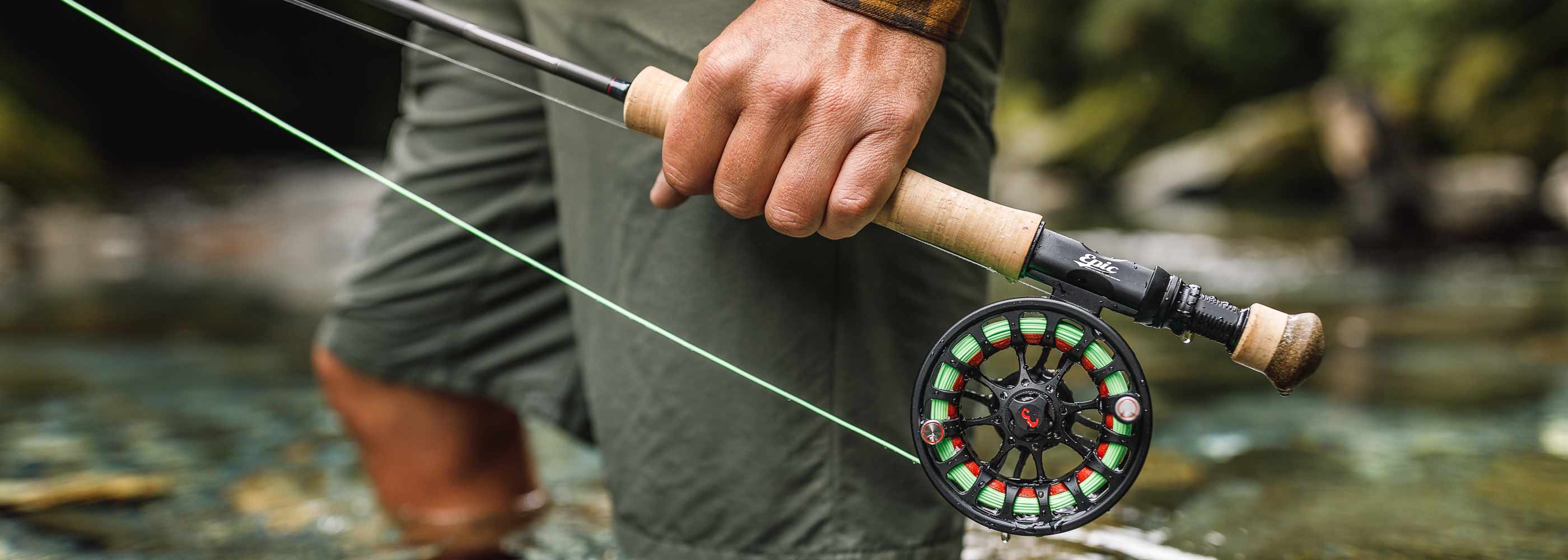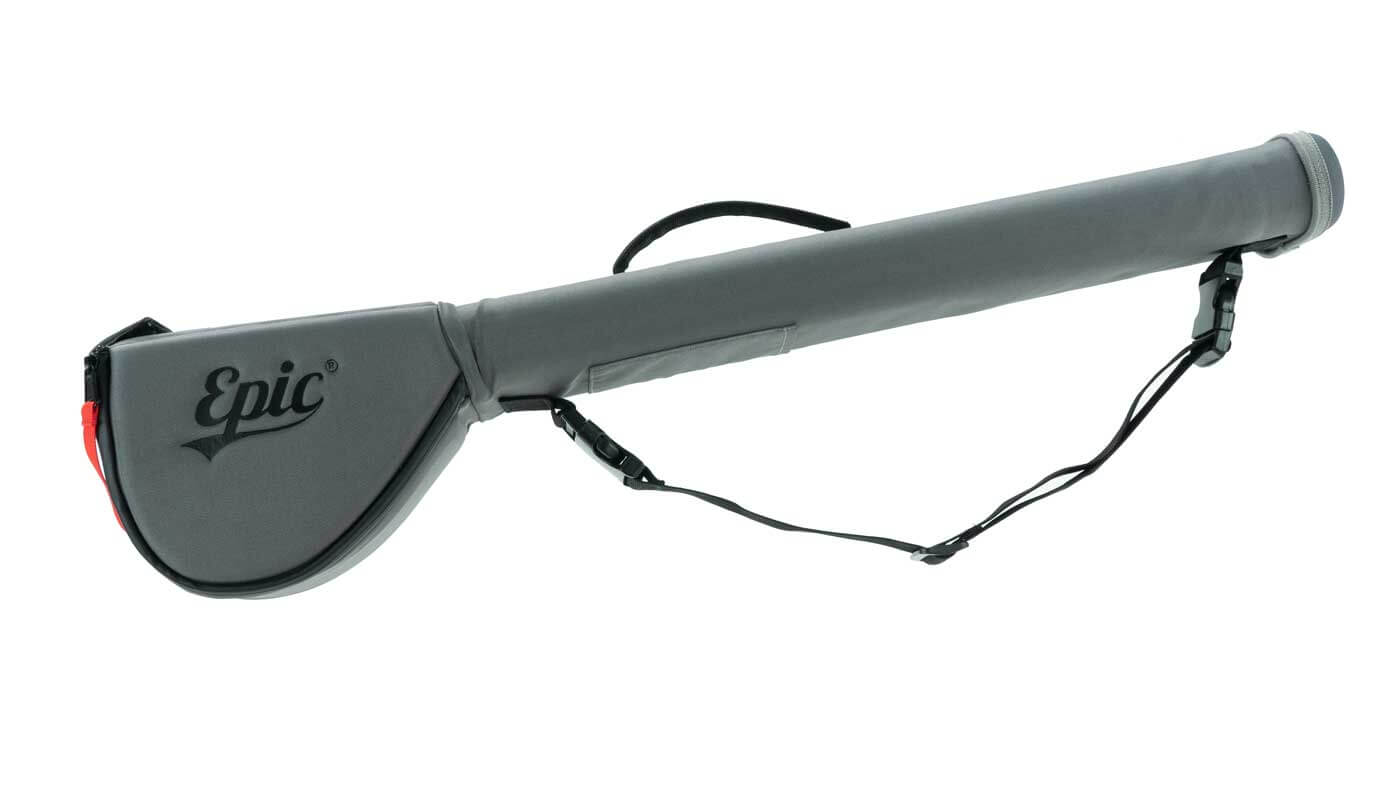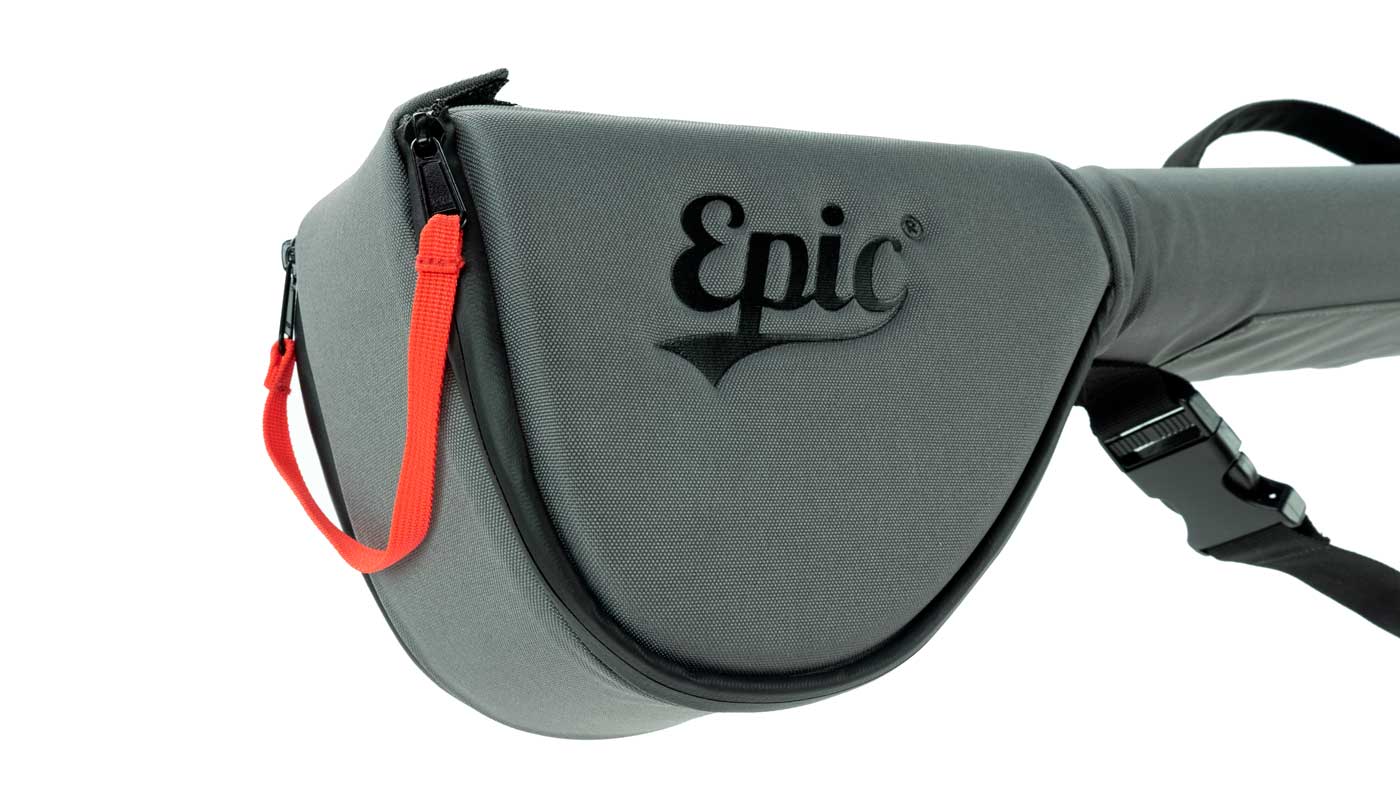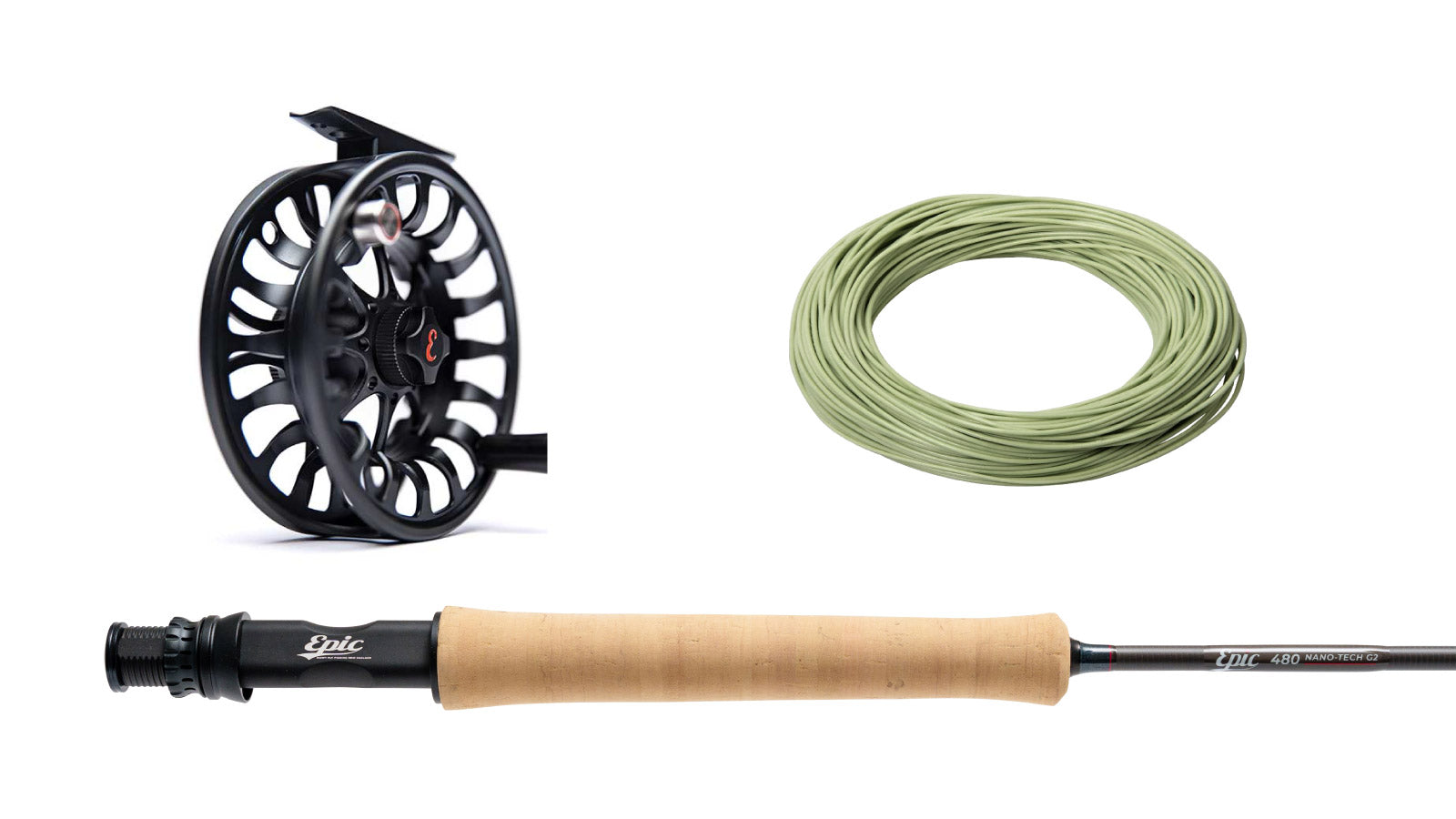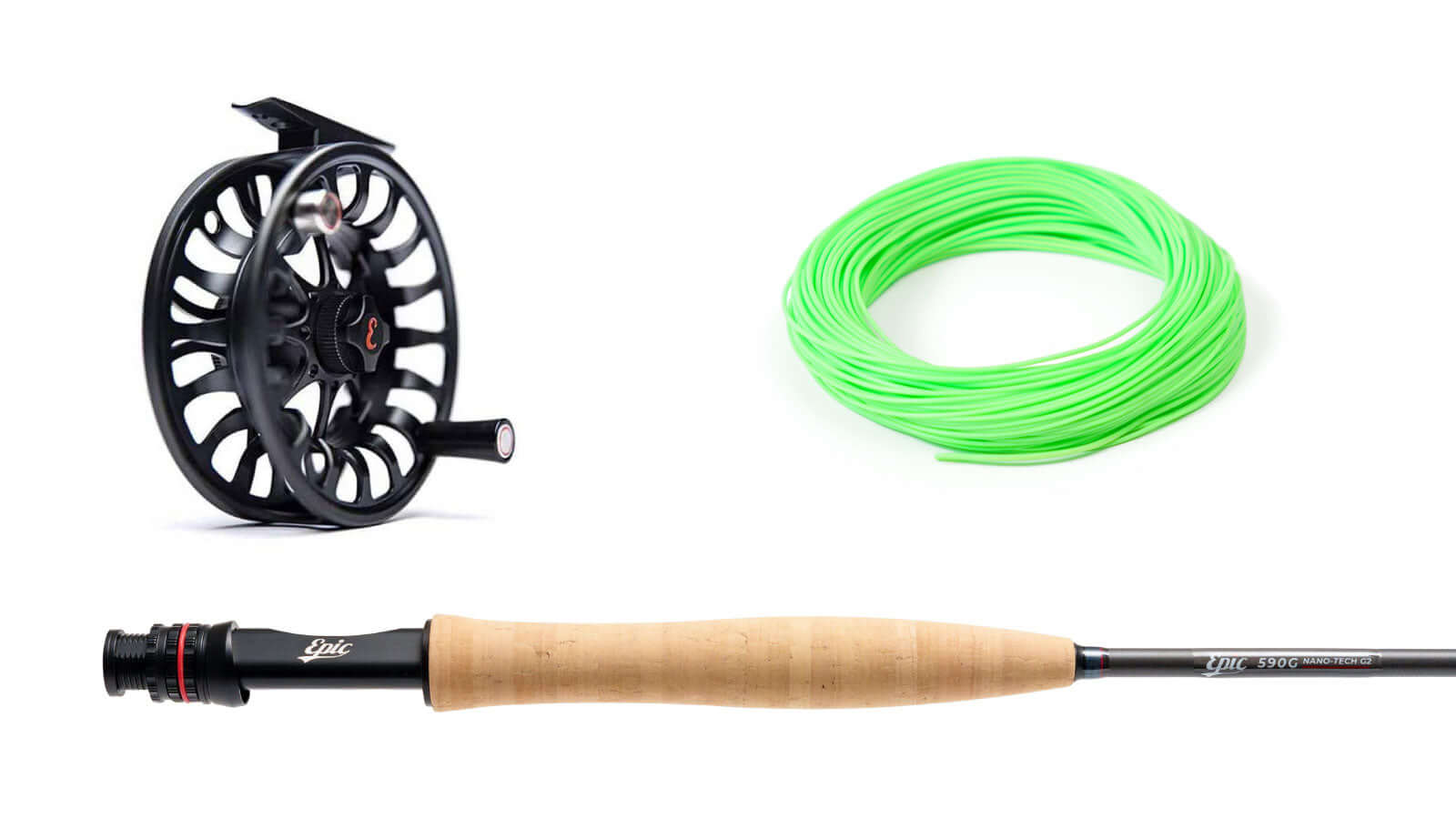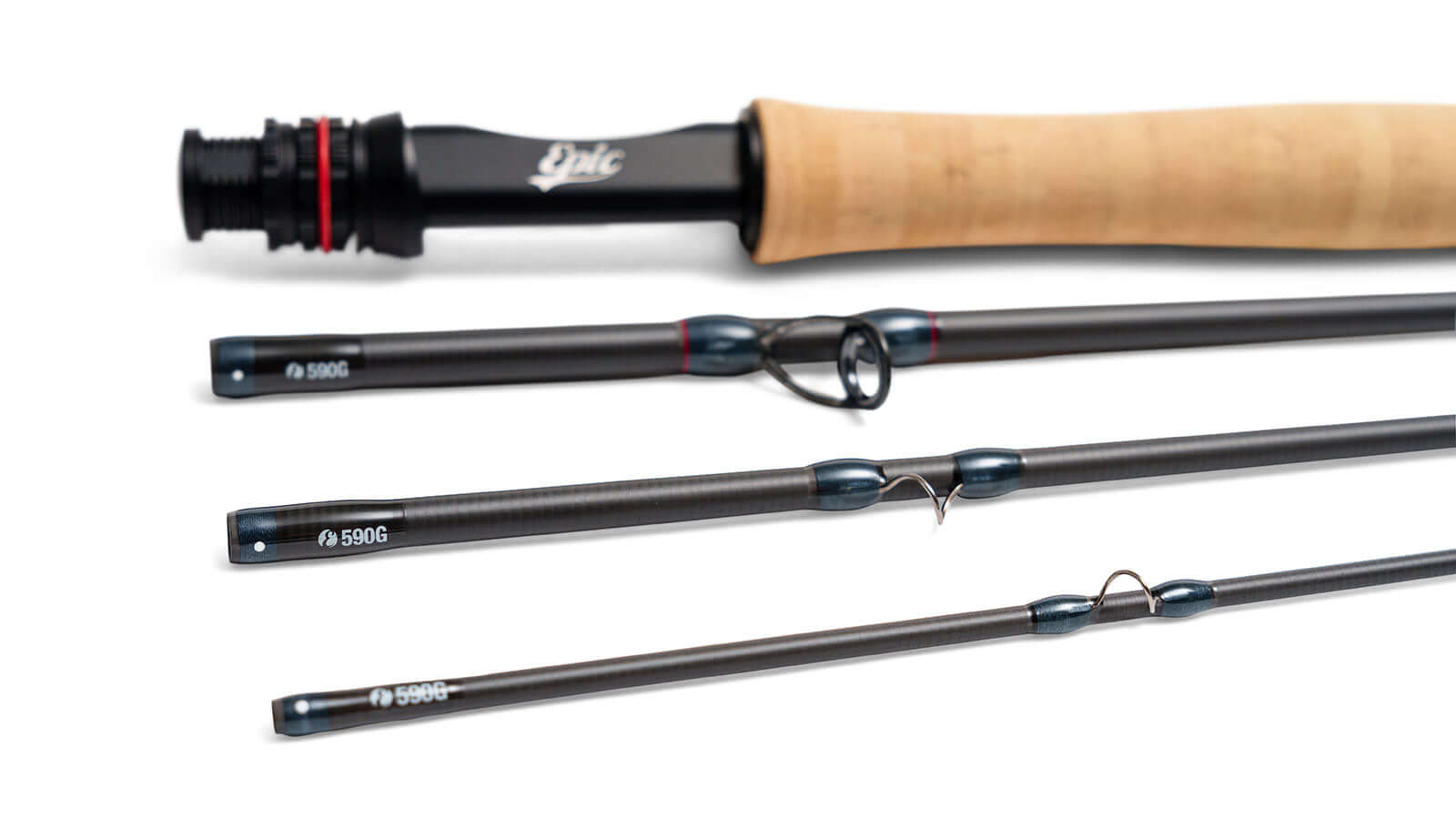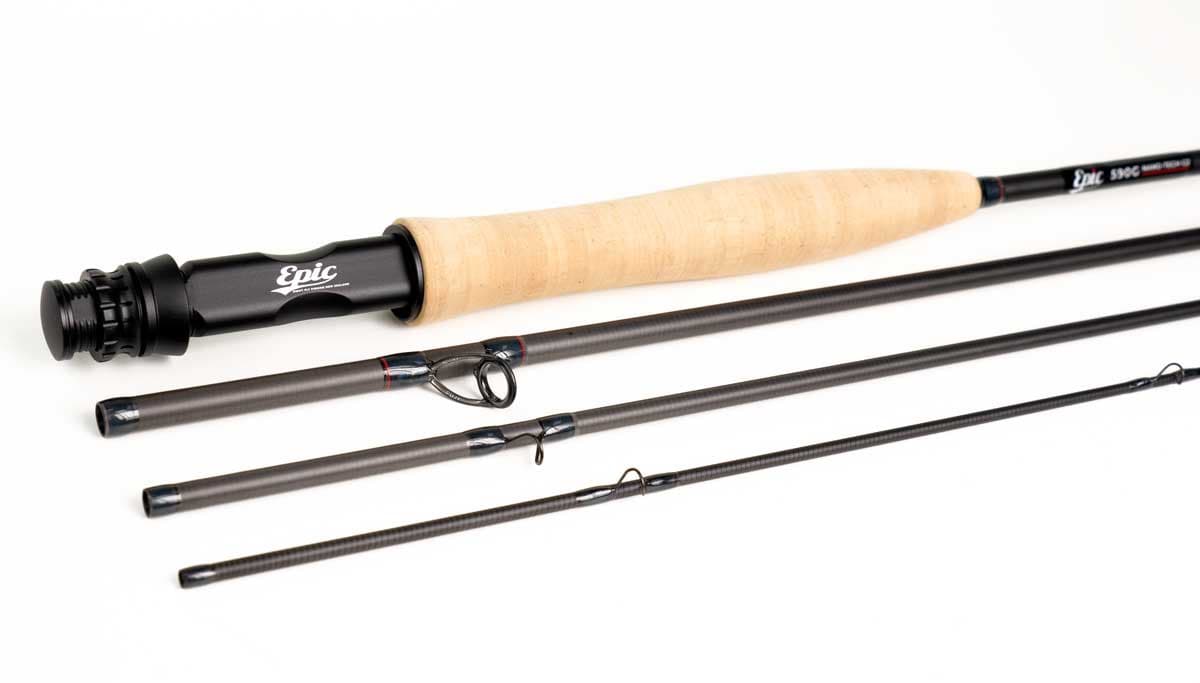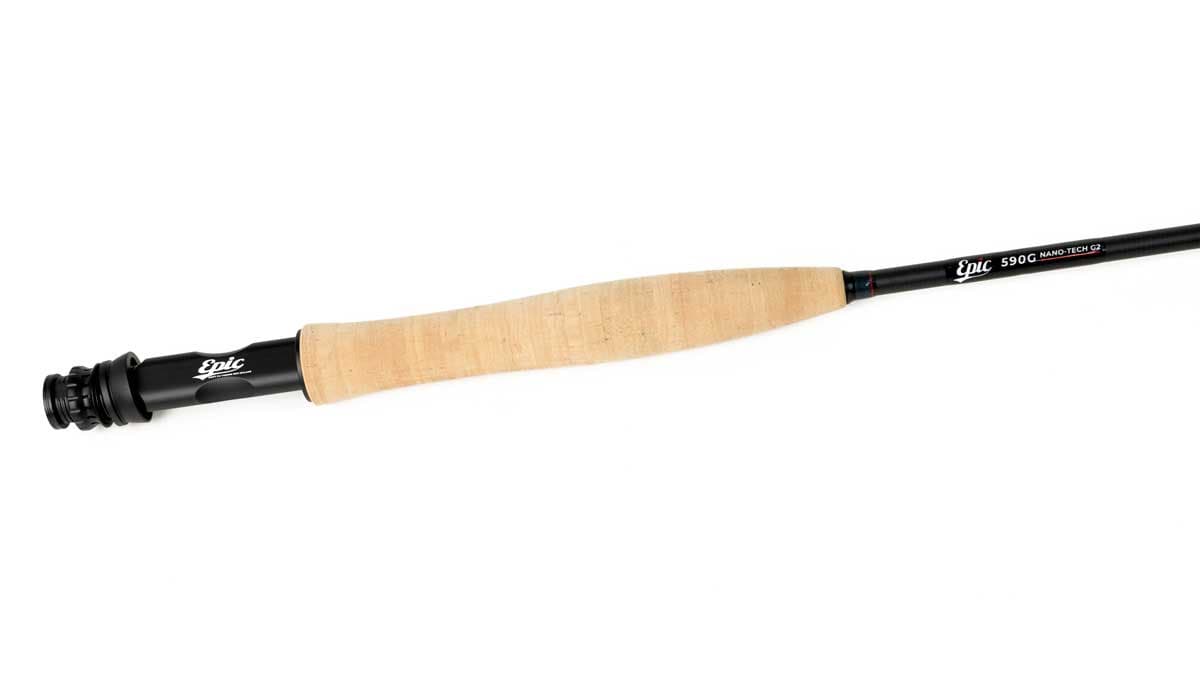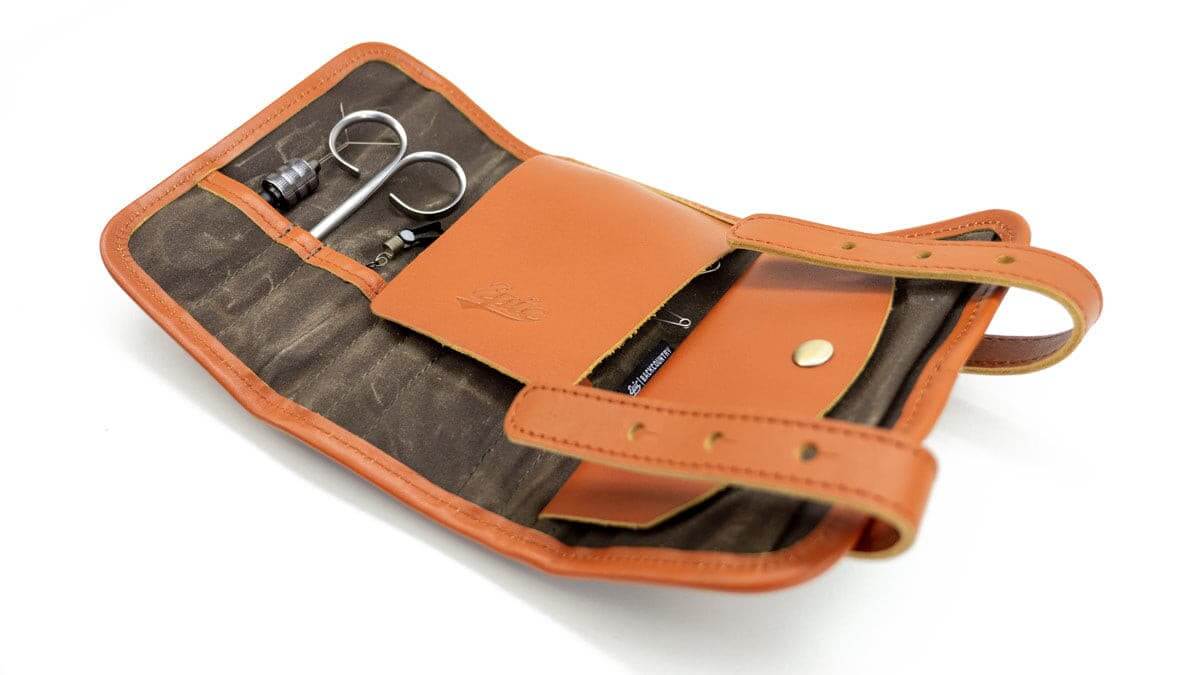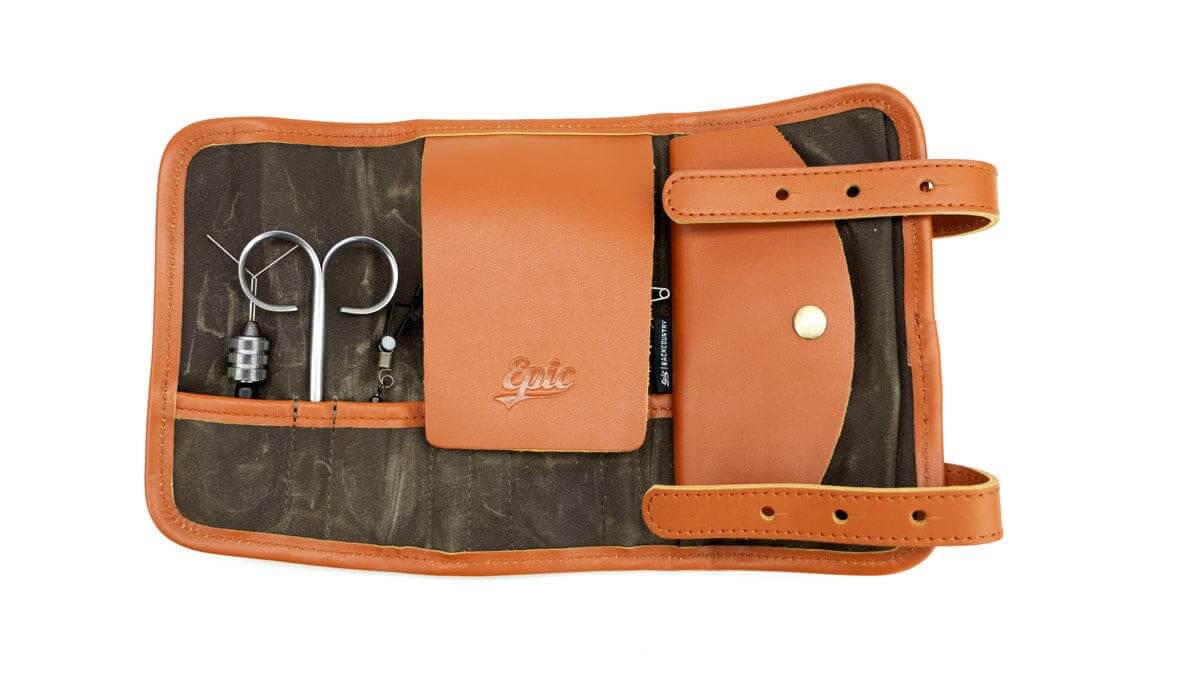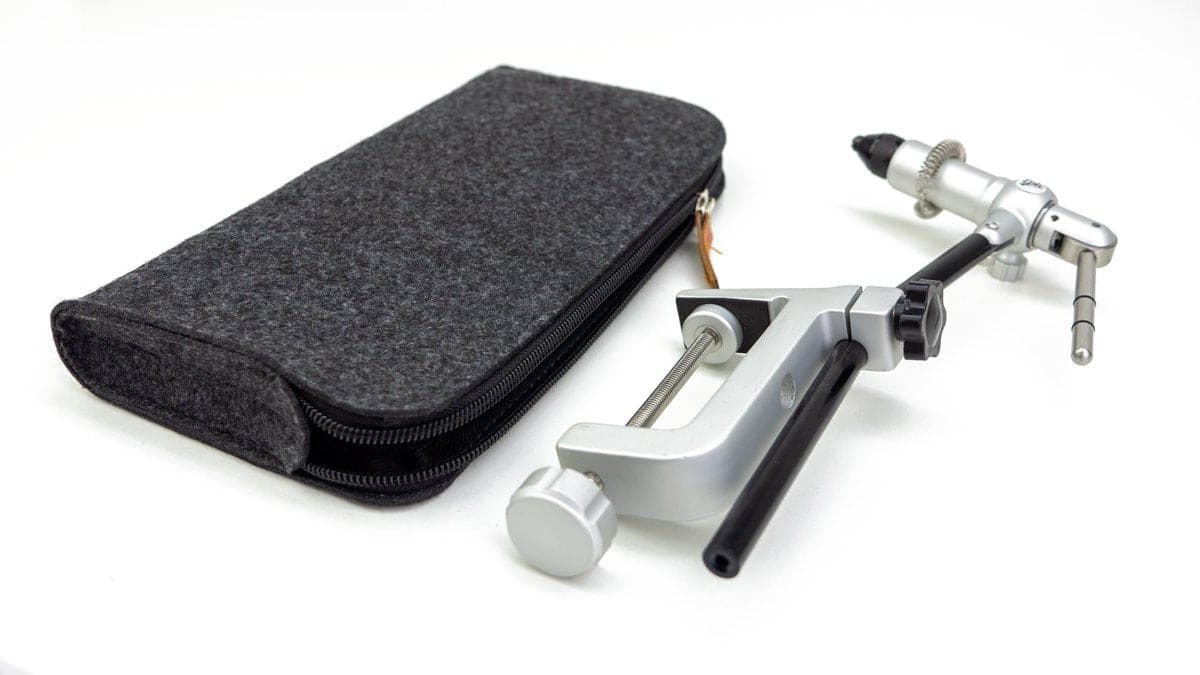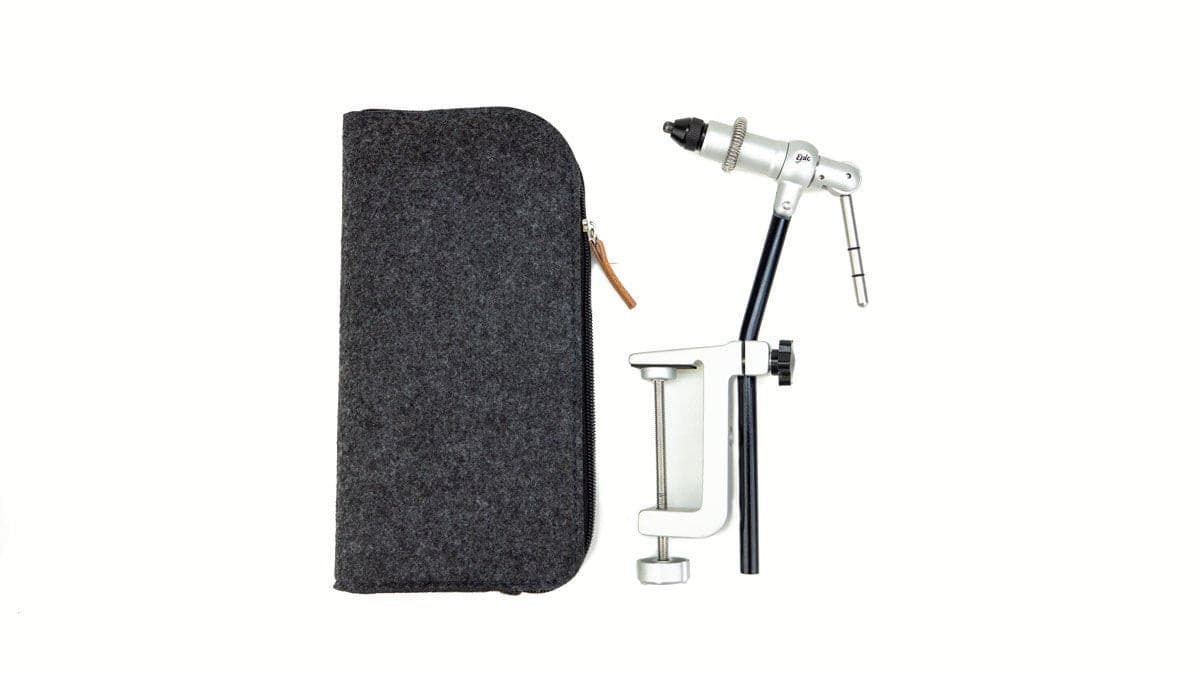The strongest and simplest tippet to fly knot there is, is the Pitzen knot.
The Pitzen Knot is referred to under a number of different names including the Eugene Bend, Pitzen, and the 16-20 knot. Lefty Kreh was very familiar with this particular knot and adept at tying it, he referred to it as the Fishermans knot and reckoned it had been around since the 1950’s.
The credited inventor seems to have been Mr Edward Pitzenbauer of Germany.
More recently it has been referred to it as the 16-20 Knot in reference to the 16-20 club. The fly anglers of the club managing to catch a salmon that weighed sixteen pounds a size #20 fly using this knot.
(The San Diego Jam Knot is one of the derivatives of this knot. The only difference is the tag end runs through the opening on the bottom before the loop located at the top. This extra step adds an additional pressure point to the dynamics of the knot and gives the San Diego Jam Knot the ability to be used on a slippery braided line)
Whatever name you choose to call it, the Pitzen Knot it is an incredibly effective way to tie a fly to leader. It’s kind of a reverse clinch knot, however it is many times stronger - the clinch is actually one of the weakest fly to tippet knots there is.
The knot is well tested to retain 95 percent of the breaking strength of the line. Tying this knot is easier if you are using tippets or a lighter line than it is for a heavier line.
- It retains more than 95% of the line’s breaking strain
- It is simple to tie and can be learned in a few minutes
- It can be tied in any conditions – cold fingers, rocking boat or when you have spotted a big fish!
- Because it cinches up with a little ‘pop’ it is easy to tell when it is tied correctly
Pitzen Knot Tying Instructions
Thread the line through the eye of the hook and loop the tag back under the standing part.

Hook line around tip of index finger and wind the tag back down around the two parallel lines. Make three wraps working back down toward the eye.

Pass the tag end back through the small loop being held by your finger.

Tighten the knot down onto the standing line. Lubricate the knot and the line and slide the knot down to the hook eye. Do this with your finger tips, not by pulling the standing line. Once the knot is in position at the hook, then pull tight.

You must feel the click and see the tag end exit the front of the knot almost parallel with the standing line. If either of those does not happen, cut the knot and tie another.

Here's the video on how to tie it. Credit to netknots.com


